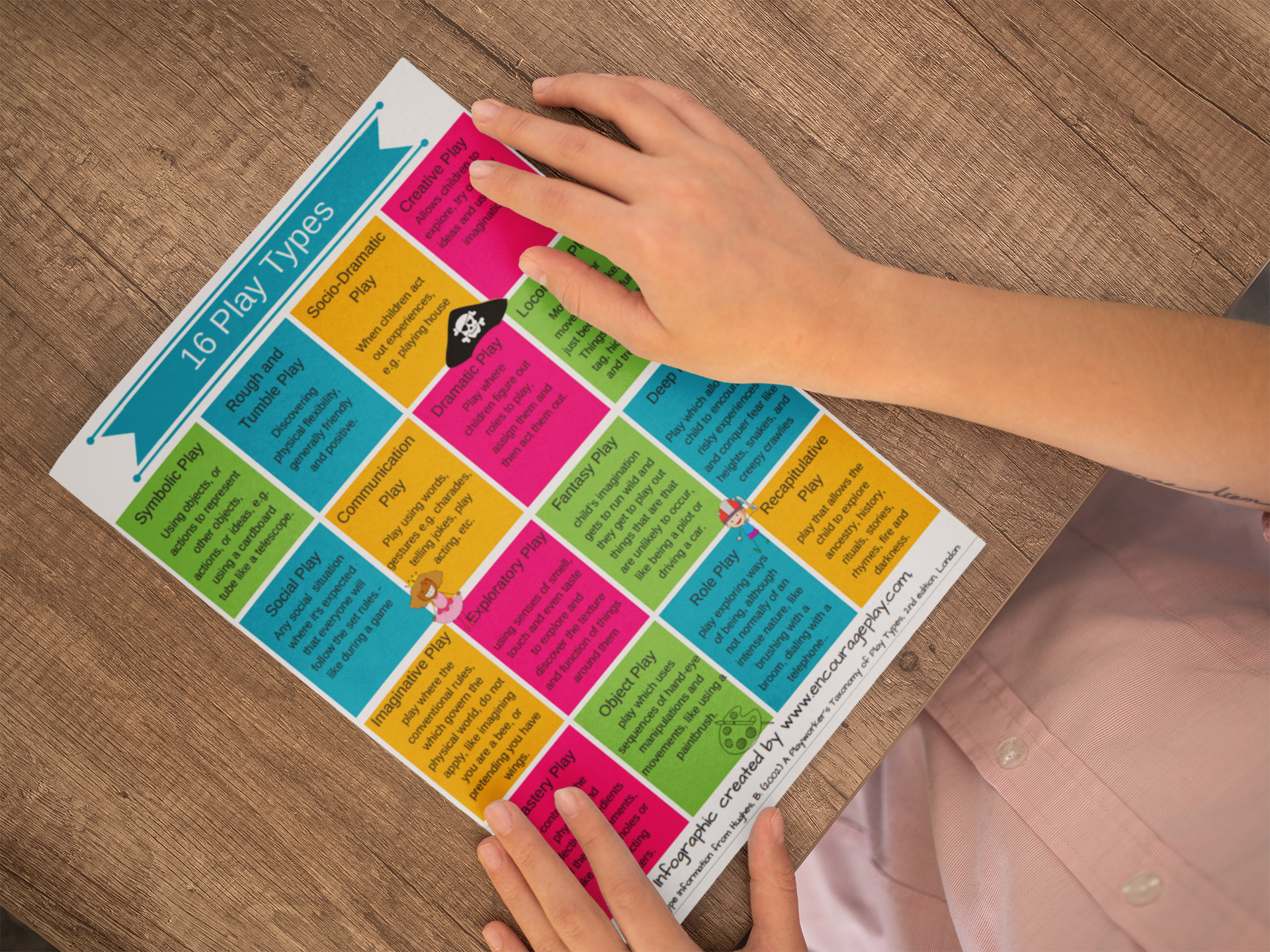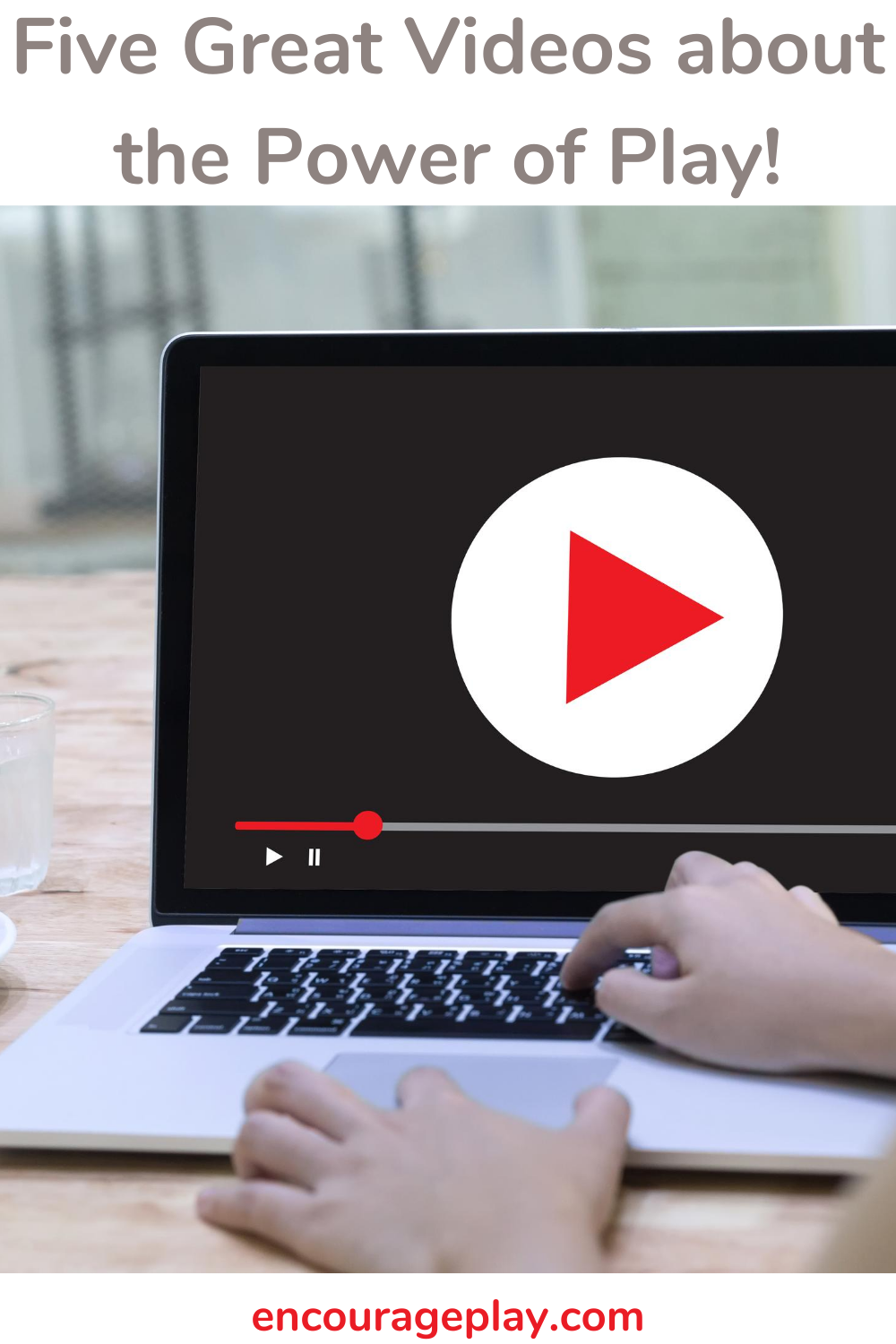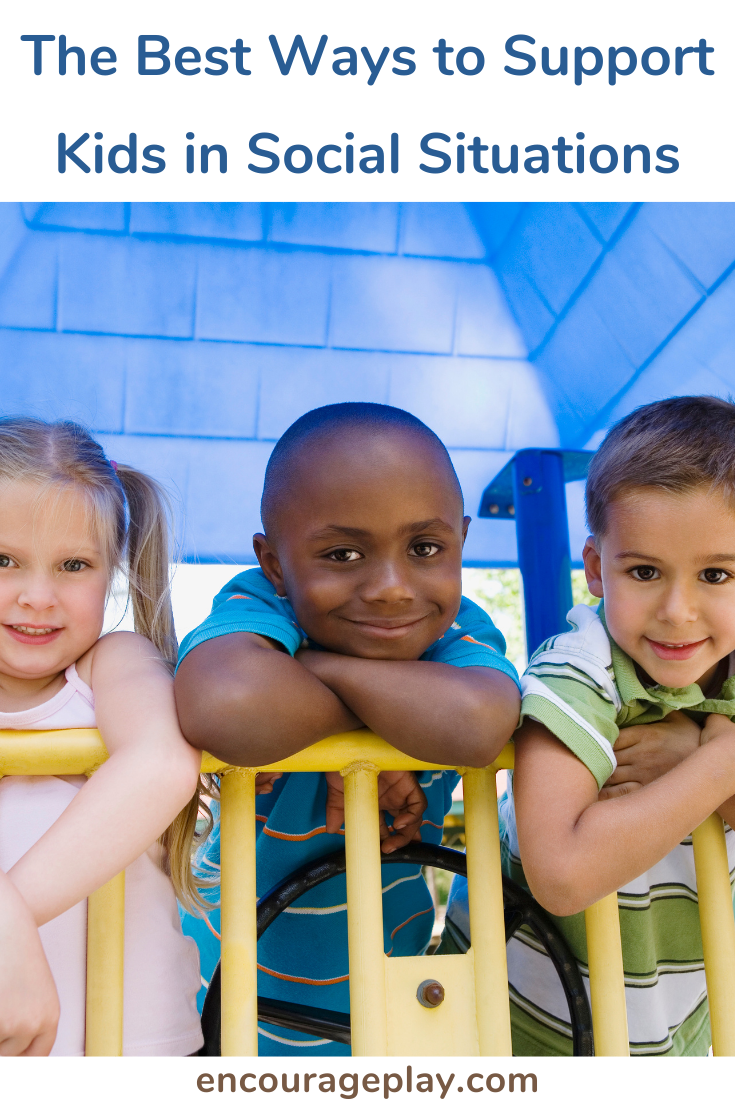Have you ever considered a different educational style for your children besides the conventional method? If so, perhaps you have heard of the Montessori method. It is based on self-directed activity, hands-on learning and collaborative play. In Montessori classrooms children make creative choices in their learning, while the classroom and the highly trained teacher offer age-appropriate activities to guide the process. In this episode, I spoke to Montessori Home Consultant, Jeanne-Marie Paynel about the benefits of this education style.
The topics we cover in this episode are:
















